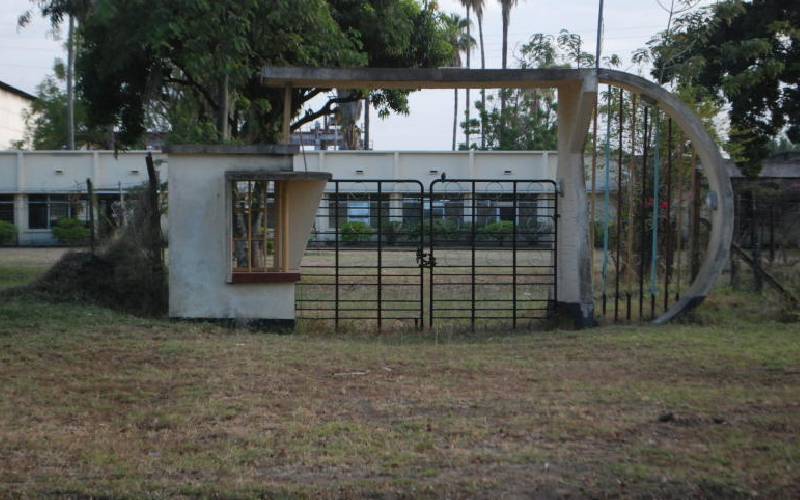×
The Standard e-Paper
Stay Informed, Even Offline

The deserted Miwani sugar company in Kisumu county in a picture taken on February 6, 2017. [File, Standard]
The woes facing struggling miller Miwani Sugar factory turned fatal after two people were killed while scores of others sustained injuries following an attempt by a private firm to take over the property.